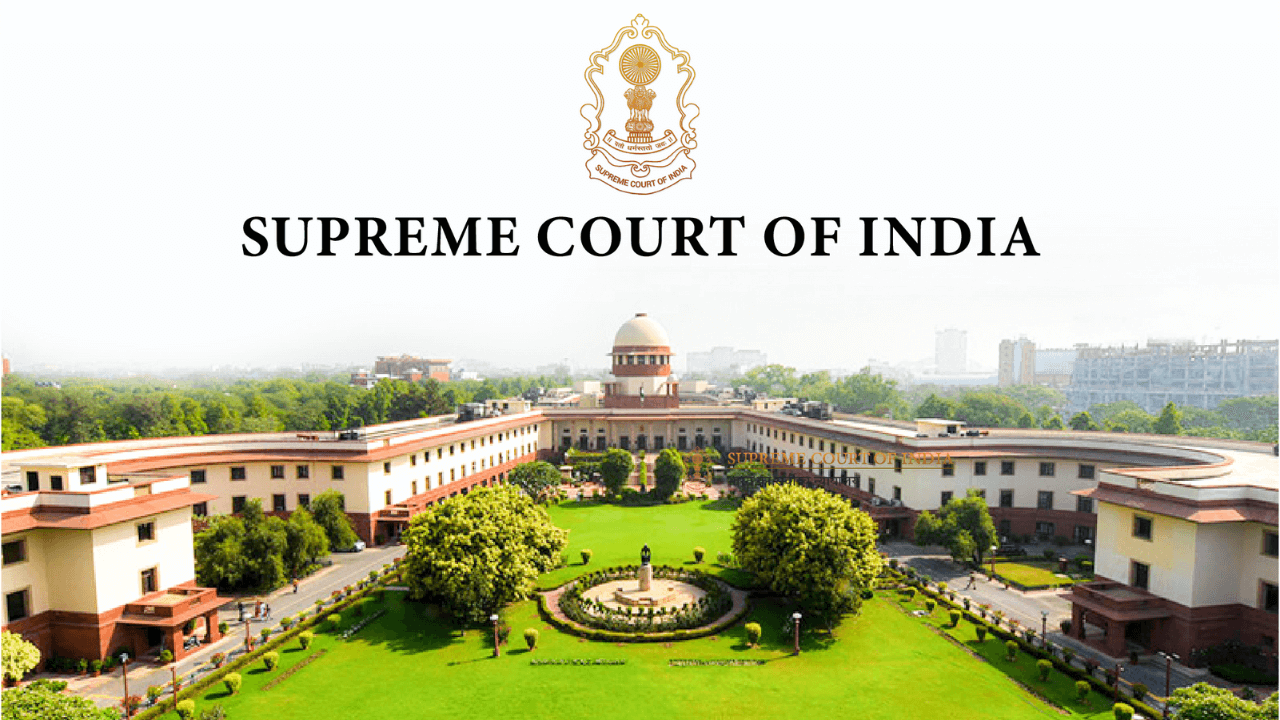The integration of the Supreme Court of India with the National Judicial Data Grid (NJDG) portal marks a significant milestone in the e-Courts project. With this development, all three tiers of the Indian judiciary are now part of the NJDG portal. NJDG is a remarkable innovation and a vital component of the Government of India’s “ease of doing business” initiative. This achievement highlights the judiciary’s commitment to enhancing transparency, efficiency, and accessibility in the Indian legal system through digital transformation and data integration.
About the National Judicial Data Grid (NJDG)
The National Judicial Data Grid (NJDG) portal serves as a comprehensive national repository of data pertaining to cases initiated, currently pending, and resolved by courts throughout the country. With just a click, users can access a wealth of case-related information, including statistics such as the number of cases filed, the backlog of cases, case types, and a year-wise breakdown of cases in the Supreme Court of India.
NJDG was developed through the collaborative efforts of the National Informatics Centre (NIC) and the in-house software development team of the Computer Cell, Registry. It features an interactive interface and an analytics dashboard, providing a user-friendly experience. The portal’s database is continuously updated to ensure that the information remains current and accurate.
NJDG stands out as an exceptional resource, easily accessible to the general public. It has introduced transparency and accountability into the Indian judicial system by sharing comprehensive data on cases initiated, pending, and resolved, making it a unique and invaluable tool for legal transparency and analysis.
Benefits
The launch of the NJDG portal has brought about several notable benefits, including:
- The portal has enhanced transparency within the Indian judicial system by making comprehensive case-related data readily accessible to the public.
- NJDG promotes accountability and responsibility within the judiciary by providing a platform to track and analyze case information.
- The portal contributes to improved efficiency in the legal process by offering valuable insights into case pendency and other statistics, helping identify areas that need attention.
- NJDG fosters better coordination among different levels of the judiciary, allowing for a more synchronized approach to case management.
- The availability of detailed data enables informed decision making for legal practitioners, judges, policymakers, and other stakeholders.
- With access to data on case workload and patterns, the judiciary can optimize the allocation of resources and manpower.
- NJDG serves as a single, comprehensive source of case-related data, reducing the need for multiple data repositories.
- Researchers can leverage the portal’s wealth of data for high-quality research work, contributing to a deeper understanding of the Indian legal system and its challenges.
Overall, the NJDG portal has had a positive impact on the Indian judiciary, promoting transparency, efficiency, and data-driven decision making.
NJDG-SCI Portal
Accessing the NJDG-SCI portal is straightforward through the Supreme Court of India’s website. Users can navigate to the portal by clicking on the “NJDG” tab button. There are three main webpages that provide different views and information:
- At a Glance
- Pending Dashboard
- Disposed Dashboard
These three webpages offer different perspectives on judicial data, catering to various informational needs and helping users access the information that is most relevant to their requirements.
At a Glance
The “At a Glance” webpage on the NJDG-SCI portal provides a concise summary of judicial data, including:
- Current Year’s Pendency of Civil and Criminal Cases
- Total Pendency Inclusive of Registered and Unregistered Cases
- Number of Cases Instituted in the Last Month
- Number of Cases Disposed of in the Last Month
- Number of Cases Instituted in the Current Year
- Disposal in the Current Year
- CORAM Wise Pending Cases
- Weekly Current Affairs 2025 PDF For Bank, SSC, UPSC Exams
- Unsung Heroes of India: 10 Unknown Freedom Fighters You Should Know
- 26 December Current Affairs 2023 in English
- Daily Current Affairs 2025, Check Today’s Current Affairs
- April Month Current Affairs 2024, Download PDF
- June Month Current Affairs 2024, Download PDF

Hello, I’m Aditi, the creative mind behind the words at Oliveboard. As a content writer specializing in state-level exams, my mission is to unravel the complexities of exam information, ensuring aspiring candidates find clarity and confidence. Having walked the path of an aspirant myself, I bring a unique perspective to my work, crafting accessible content on Exam Notifications, Admit Cards, and Results.
At Oliveboard, I play a crucial role in empowering candidates throughout their exam journey. My dedication lies in making the seemingly daunting process not only understandable but also rewarding. Join me as I break down barriers in exam preparation, providing timely insights and valuable resources. Let’s navigate the path to success together, one well-informed step at a time.






